

A concussion is a mild traumatic brain injury (TBI). It can occur after an impact to your head or after a whiplash-type injury that causes your head and brain to shake violently back and forth. A concussion results in an altered mental state that may include becoming unconscious. Effects of a concussion injury are usually temporary but can include headaches and problems with concentration, memory, balance, and coordination.
Anyone can suffer a concussion during a fall, car accident, or any other daily activity. If you participate in impact sports such as boxing or football, you have an increased risk of getting a concussion. Concussions are usually not life-threatening, but they can cause serious symptoms that require medical treatment.
A concussion is different from a contusion. A concussion specifically affects your brain, but contusions are bruises. Contusions can occur on your head, but they are not typically serious and tend to resolve within several days.
Symptoms of a concussion vary depending on both the severity of the injury and the person injured. It is not true that a loss of consciousness always occurs with a concussion. Some people do experience a loss of consciousness, but others don’t.
It is important to understand the symptoms you could go through yourself when you are having a concussion, as well as the signs of someone else having a concussion.
The signs of a concussion may include:
The symptoms may begin immediately, or they may not develop for hours, days, weeks, or even months following your injury.
During the recovery period after a concussion injury Woodstock, you may experience the following symptoms:
In some cases, a friend or loved one might be having a concussion, and they don’t know it. The following are some of the signs to look out for:
If you or someone you know experiences any of these symptoms after an accident or injury, seek immediate emergency medical treatment or call 911.
Concussion symptoms can vary in babies. These may not be as noticeable at first, since babies don’t exhibit slurred speech, walking difficulties, and other hallmark symptoms that can be exhibited by children and adults.
Some common signs of a concussion in babies include:
Rarely, concussions can cause permanent brain damage. While most babies recover from concussions, it is important to have them checked out by a doctor. Seek IMMEDIATE medical help if your baby is unconscious.
See a doctor if you suspect that you or someone else has a concussion. If a concussion occurs during sports practice or a game, tell the athletic coach and go to a doctor.
Concussions may be accompanied by injuries to the spine. If you think a person has a neck or back injury, avoid moving them and call an ambulance for help. If you absolutely must move the person, do so very carefully. You should try to keep the person’s neck and back as stationary as possible. This will avoid causing further damage to the spine.
If a doctor or emergency room visit is necessary, your doctor will begin with questions about how the injury happened and its symptoms. Your doctor might then perform a physical examination to determine what symptoms you have.
In the case of serious symptoms, your doctor may request an MRI scan or a CT scan of your brain to check for serious injuries. In the case of seizures, your doctor may also perform an electroencephalogram, which monitors brain waves.
Some doctors use a special eye test to look for concussions. This test is sometimes used by certified athletic trainers. It is conducted to assess if any visual changes are related to a concussion. Your doctor may look for changes in pupil size, eye movements, and light sensitivities.
Treatment for a concussion depends on the severity of your symptoms. You might need surgery or other medical procedures if you have:
However, most concussions don’t require surgery or any major medical treatment.
If the concussion is causing headaches, your doctor may recommend over-the-counter pain relievers such as ibuprofen (Advil) or acetaminophen (Tylenol).
Your doctor will also probably ask you to get plenty of rest, avoid sports, and other strenuous activities, and avoid driving a vehicle or riding a bike for 24 hours or even a few months, depending on the severity of your injury.
Alcohol might slow recovery, so ask your doctor if you should avoid drinking it. If you should avoid alcohol, ask your doctor for how long.
Anyone who has had a concussion injury Woodstock should not return to sports or strenuous activities without a doctor’s permission. Getting a second concussion before the first concussion is healed can cause a condition known as second impact syndrome, which can increase the chances of severe brain swelling and may be fatal.
Remember, it is important to take time to rest after any concussion. This allows your brain to heal. Even once your doctor has granted permission to return to sports or exercise, that return should be gradual.
Other long-term complications include:
You can reduce your risk of getting a concussion by wearing the correct helmet and other athletic safety gear during sports activities. Always make sure the helmet and other gear fit properly and are worn appropriately.
Ask a coach or other sports professional about safe playing techniques, and make sure to follow their advice. The CDC provides an extensive overview of concussion information.
Most people completely recover from their concussions, but it may take months for the symptoms to disappear. In rare instances, people experience emotional, mental, or physical changes that are more lasting.
Repeat concussions should be avoided because even though they are rarely fatal, they can increase the chances of getting permanent brain damage.
If you have suffered a head injury and suspect you might have had a concussion injury, contact or visit Advanced Health Solutions – GA Spine & Disc for proper medical evaluation and treatment.
Call us today at (770) 212-3991 or contact us online to make an appointment now.

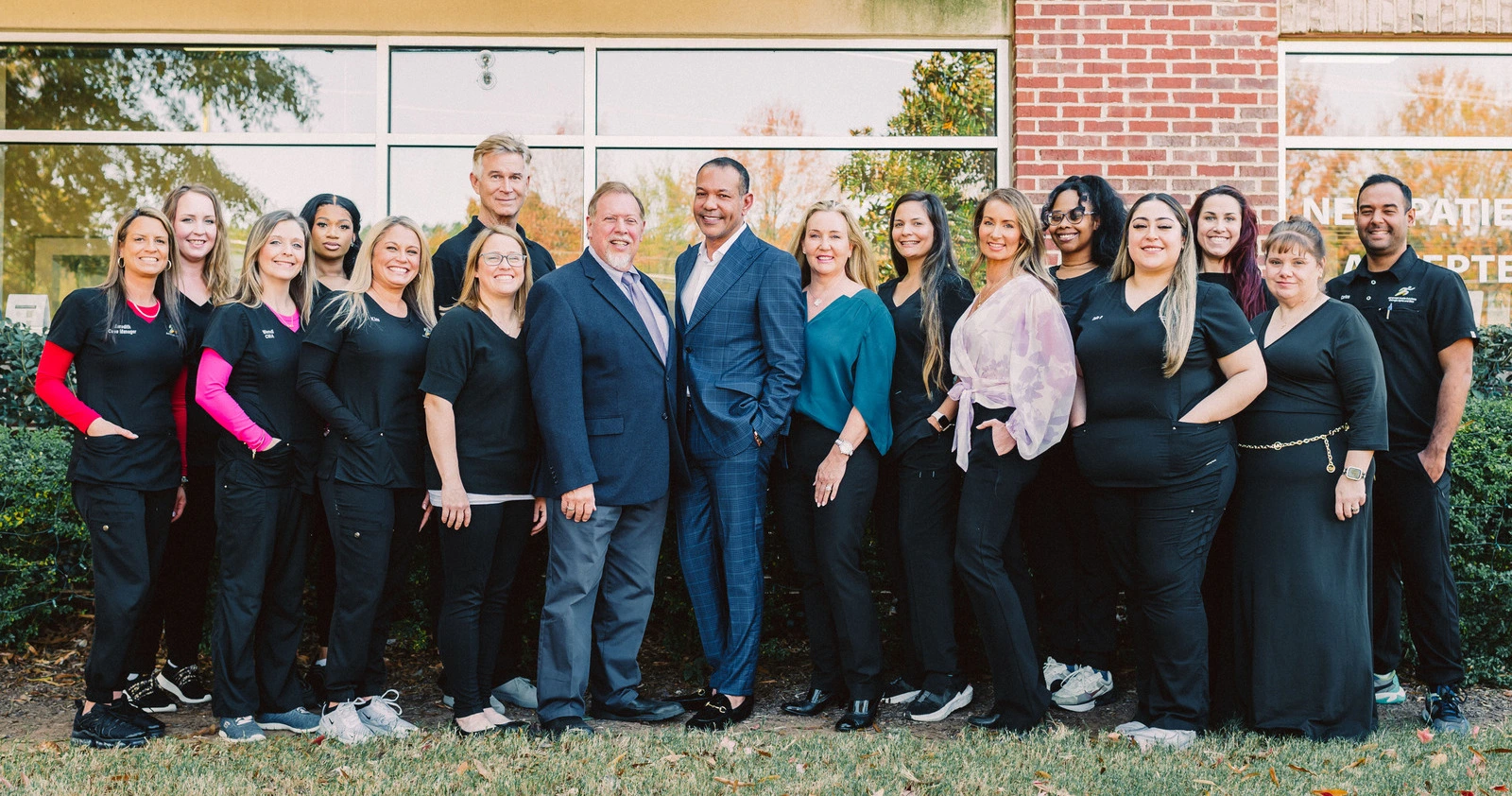
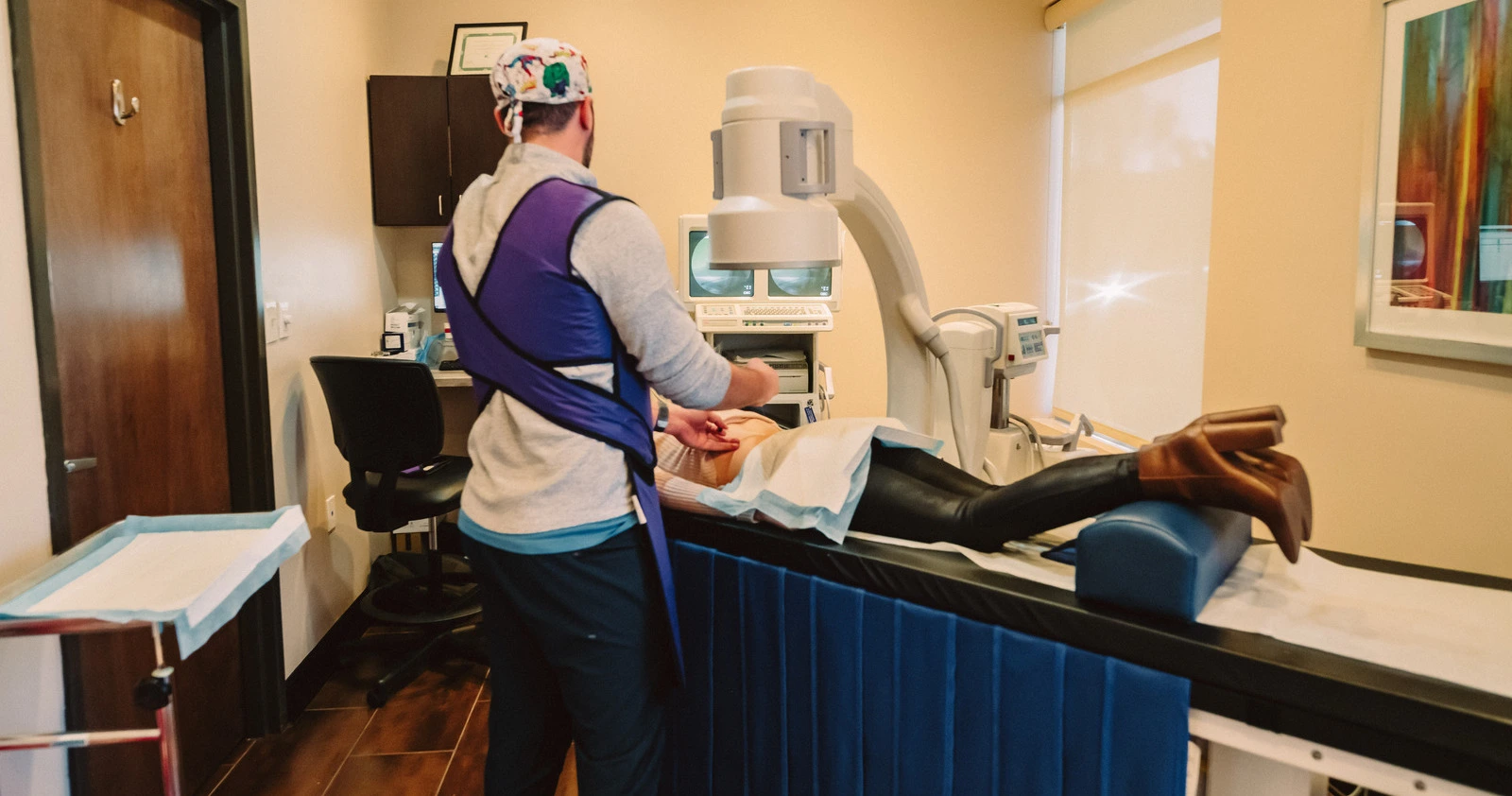
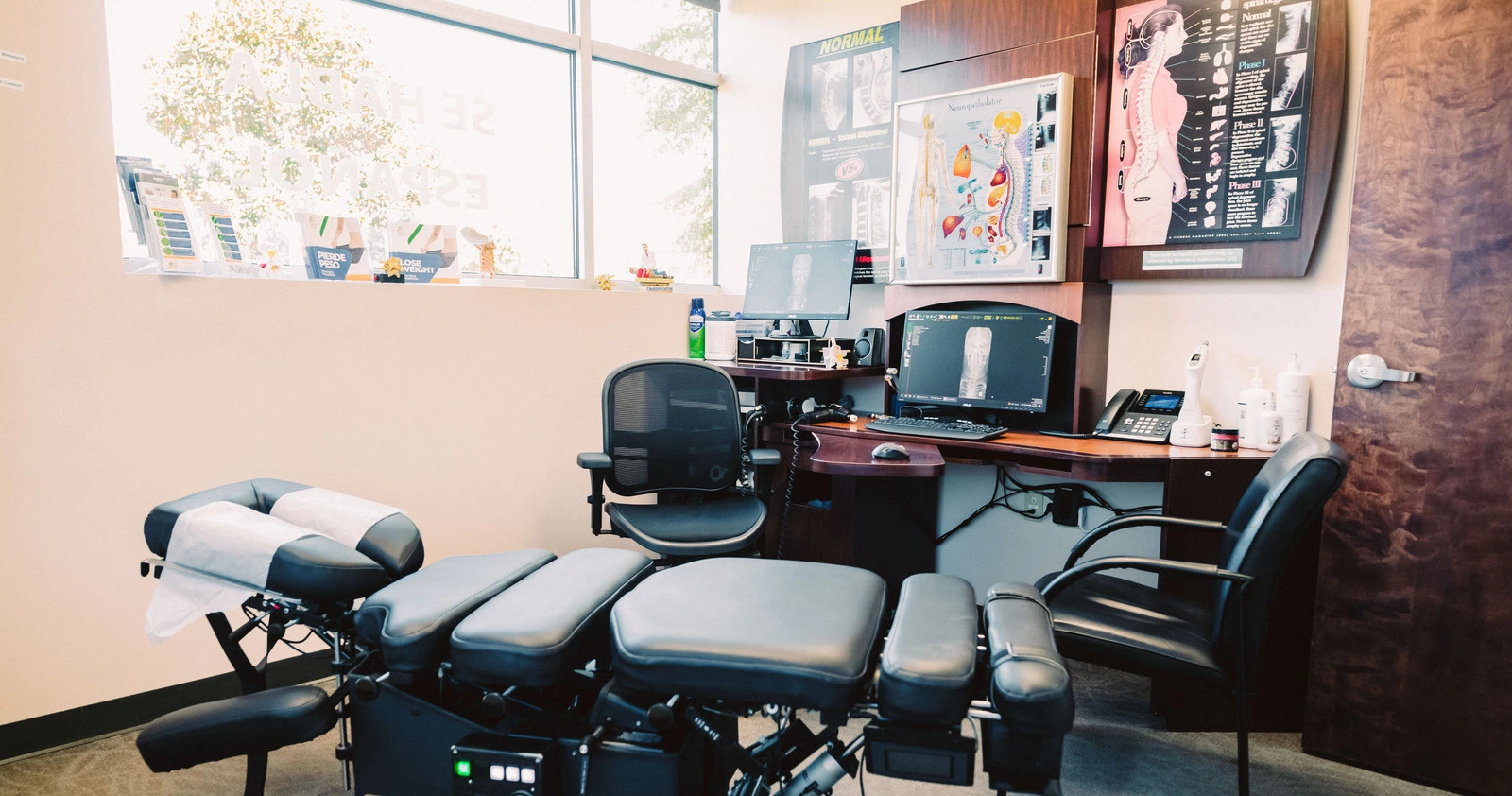
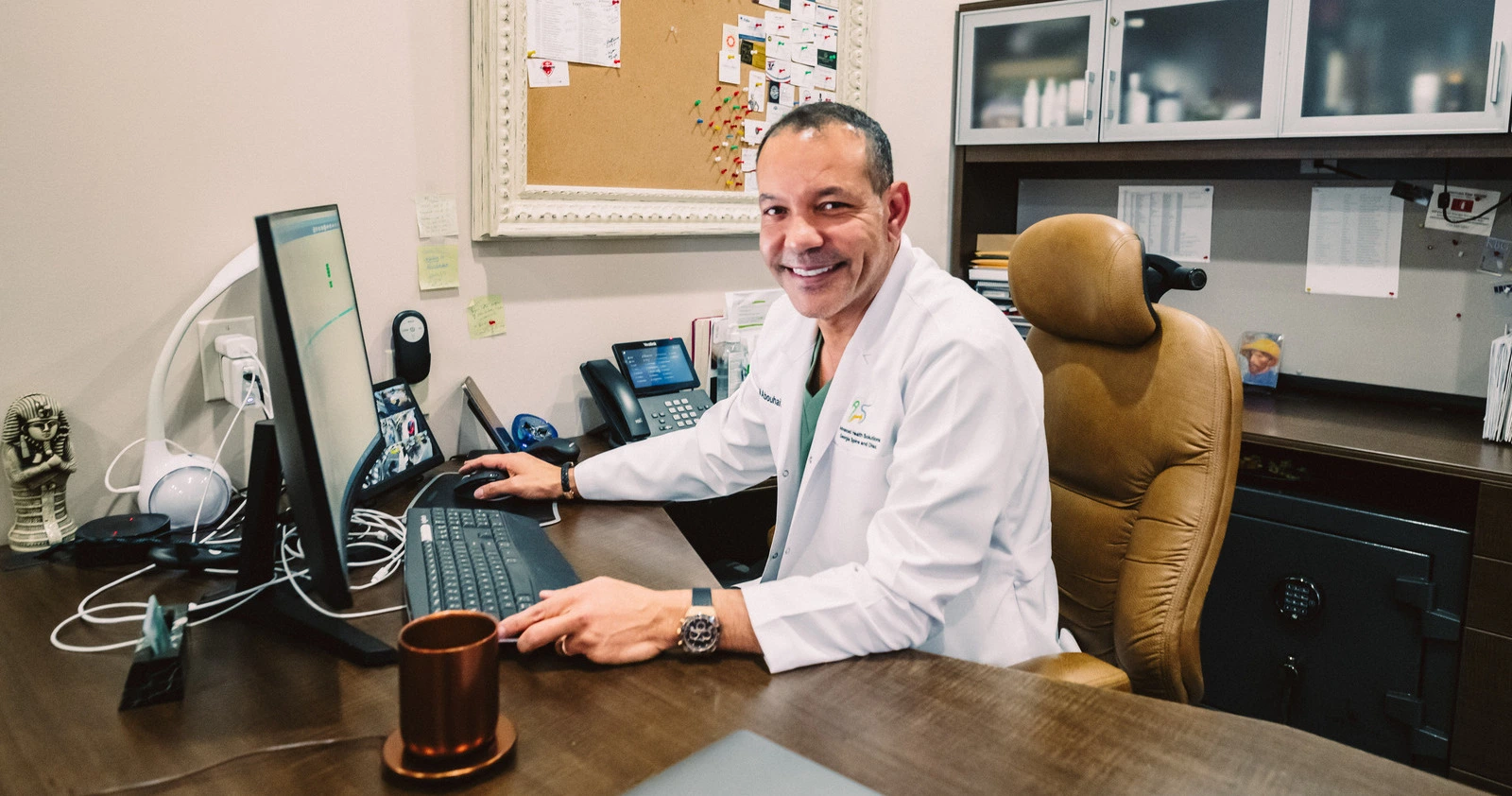


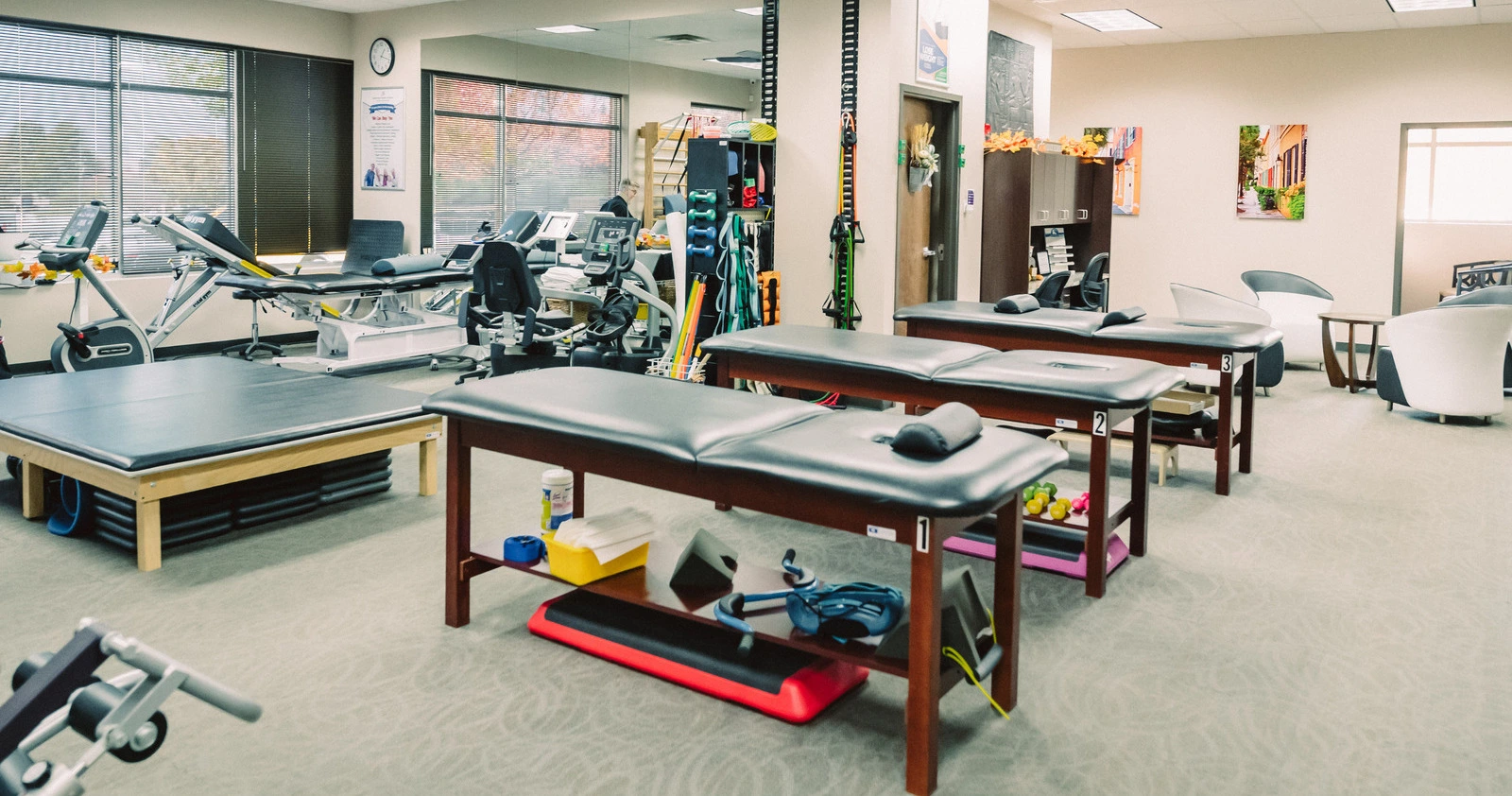
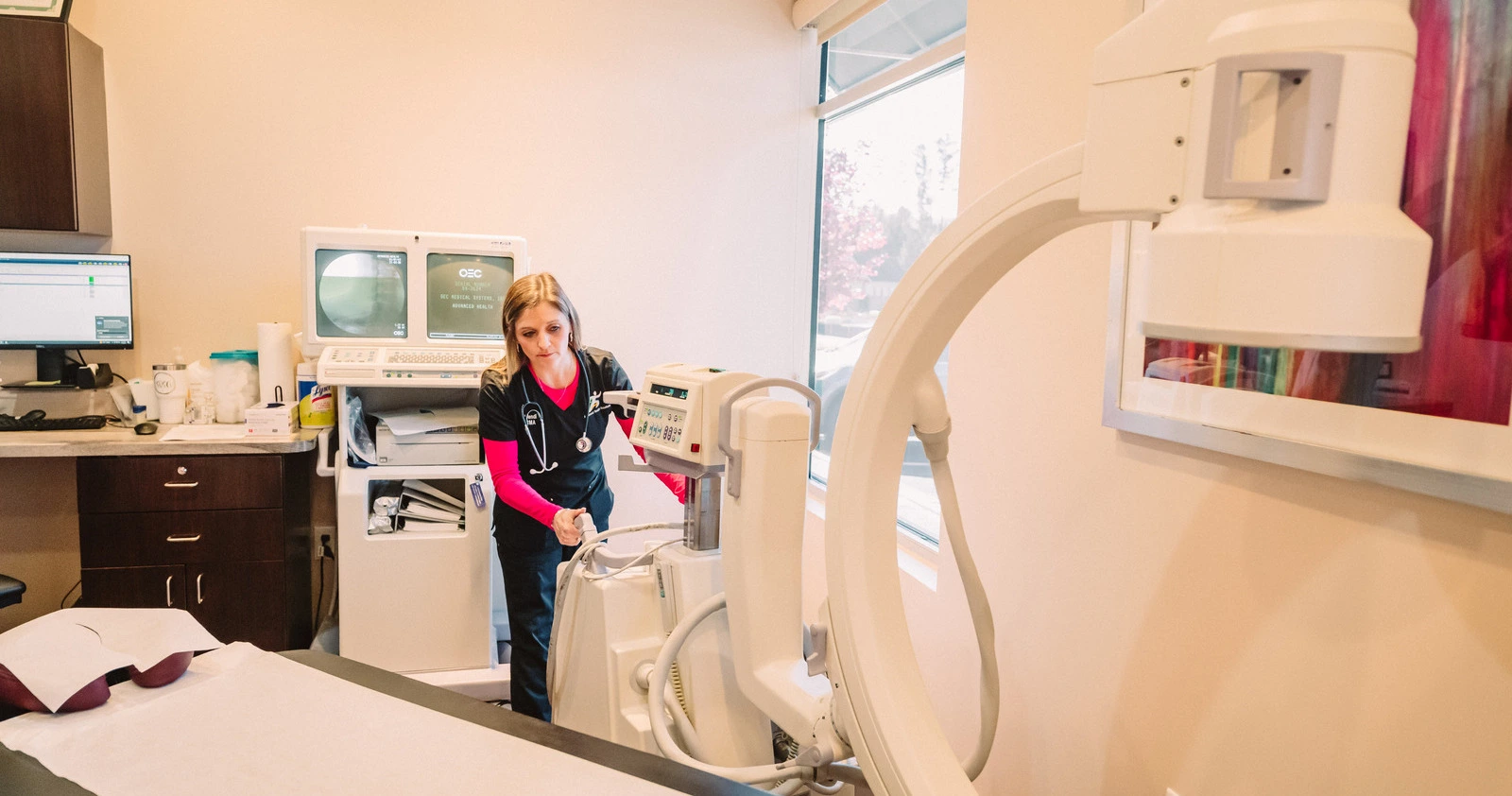

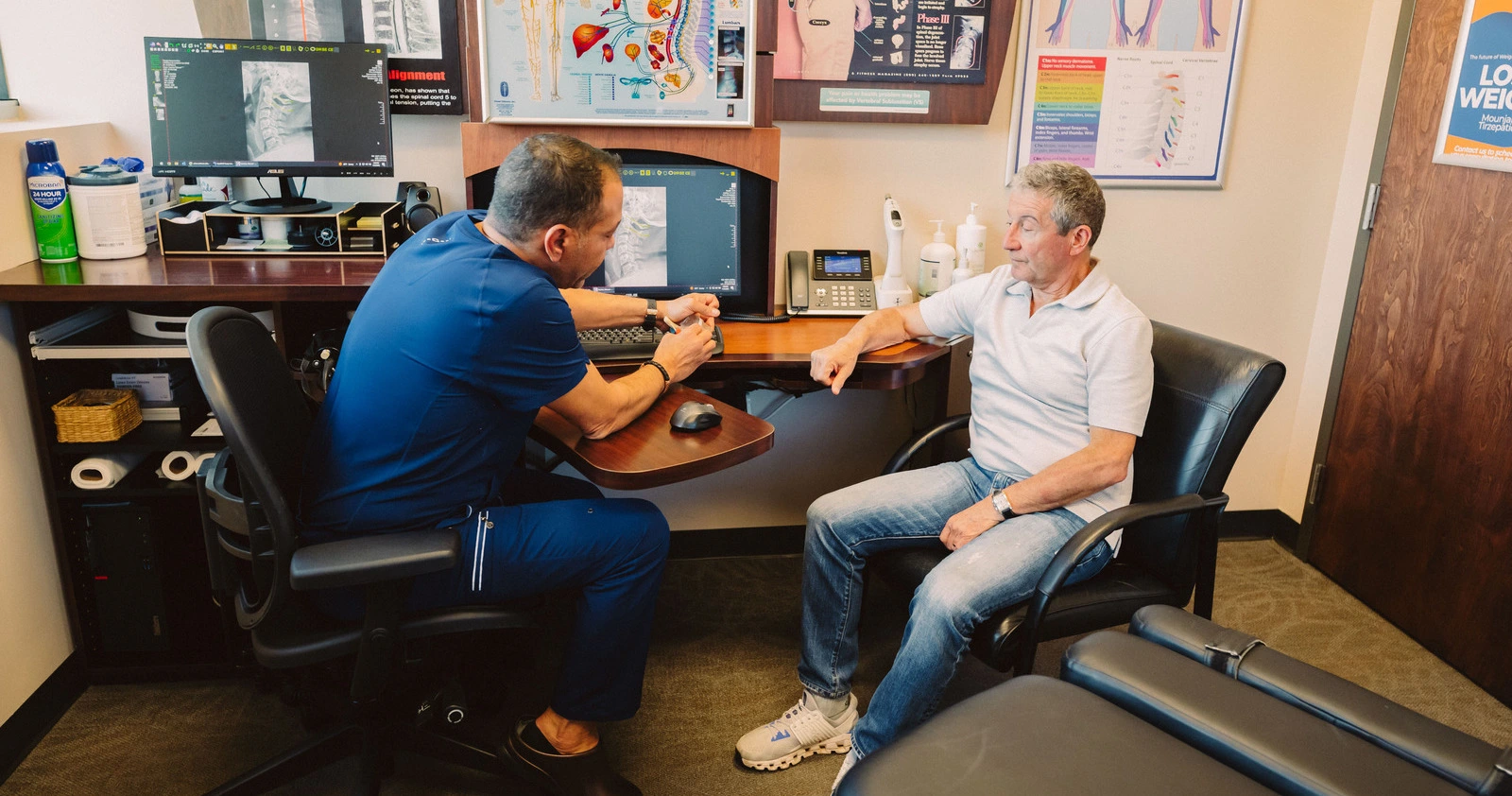
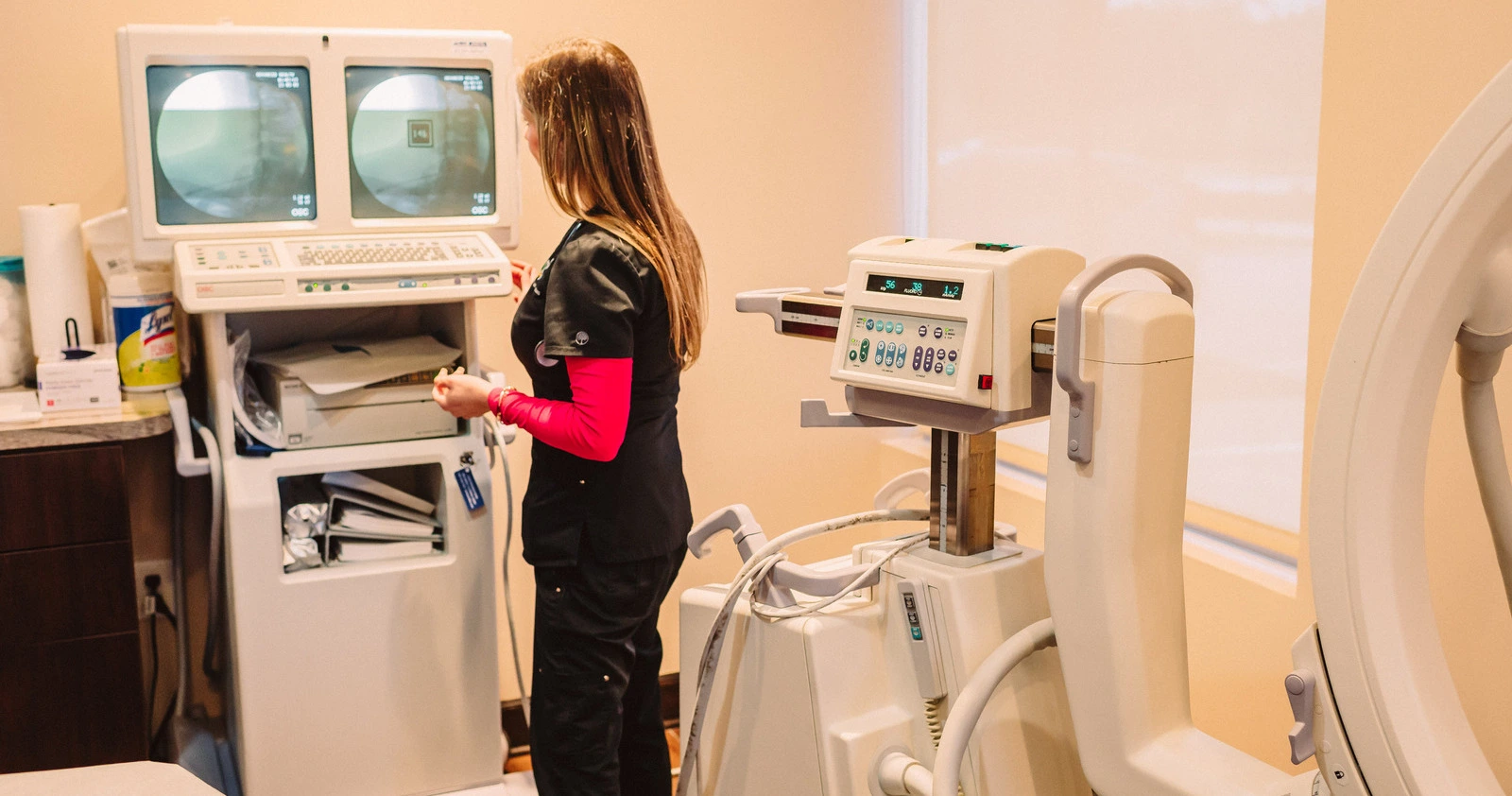
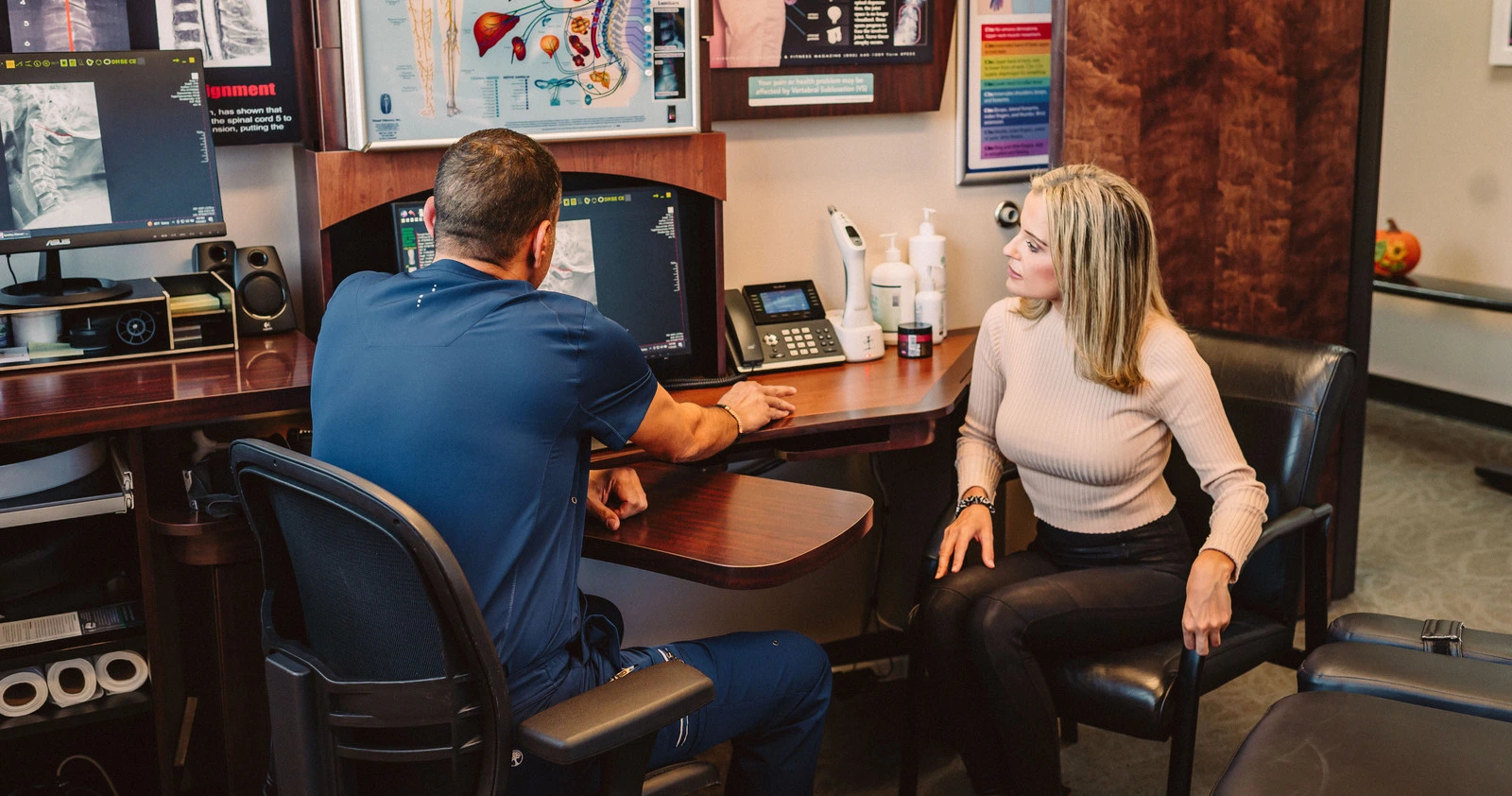
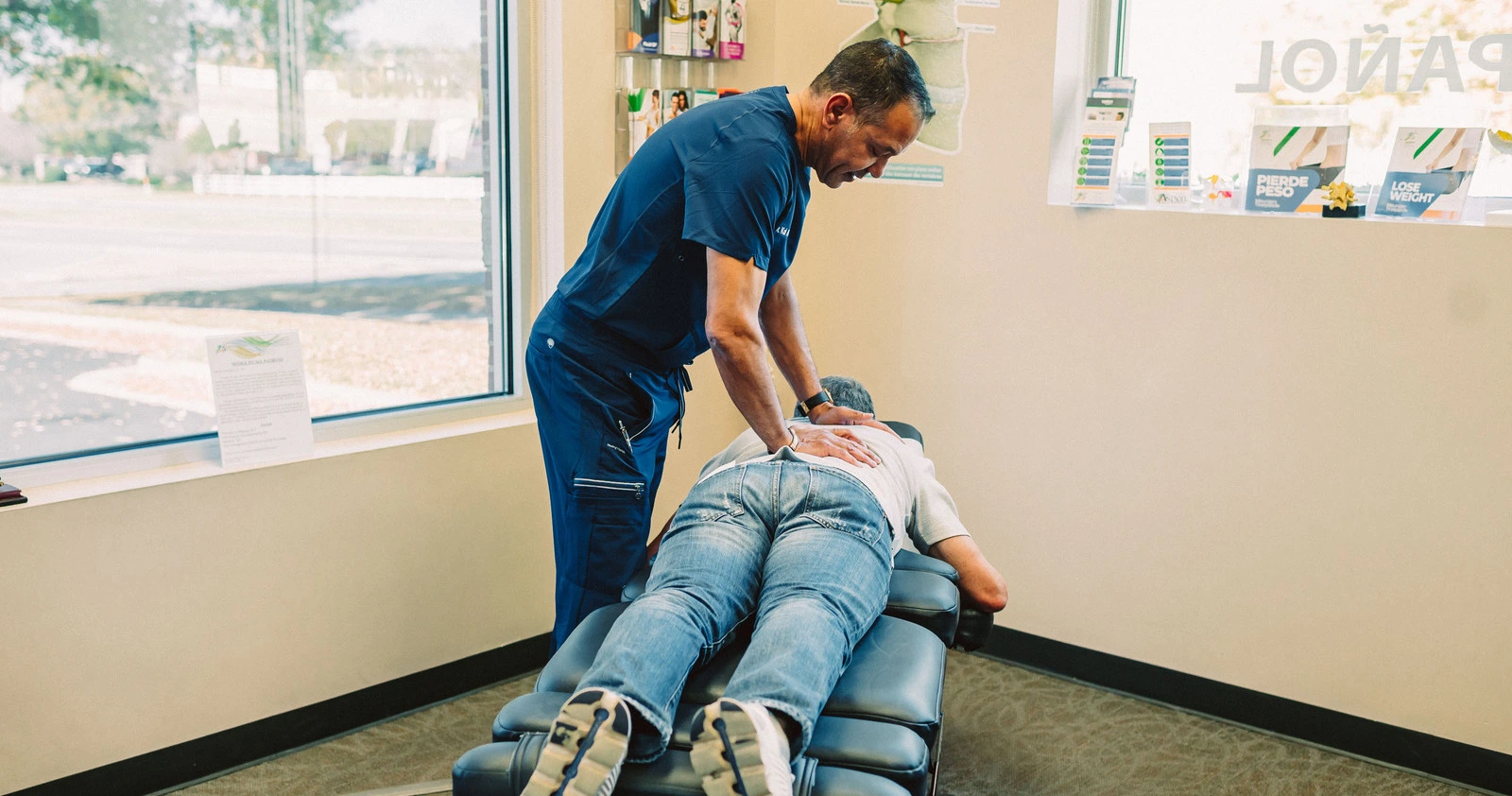
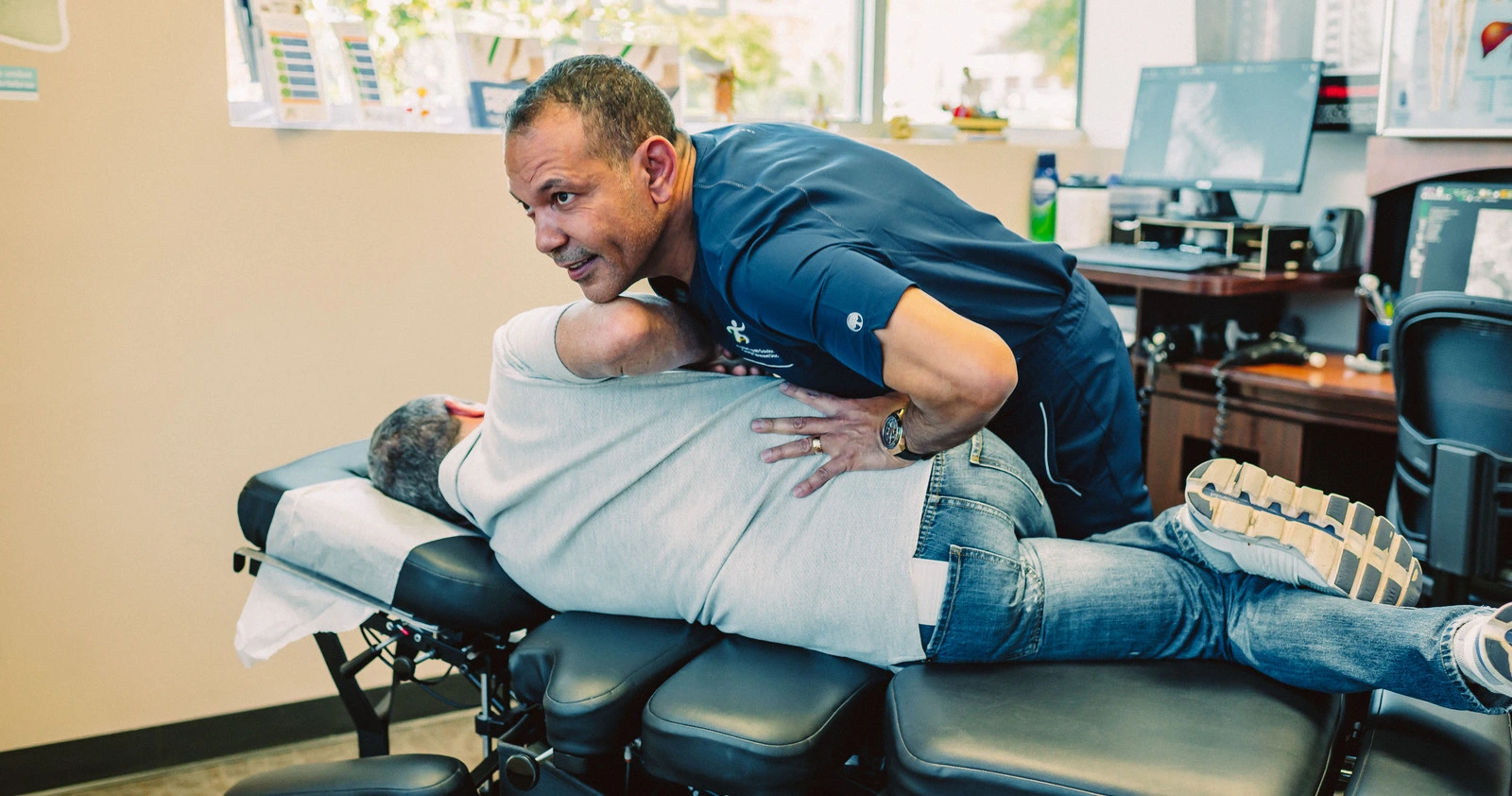
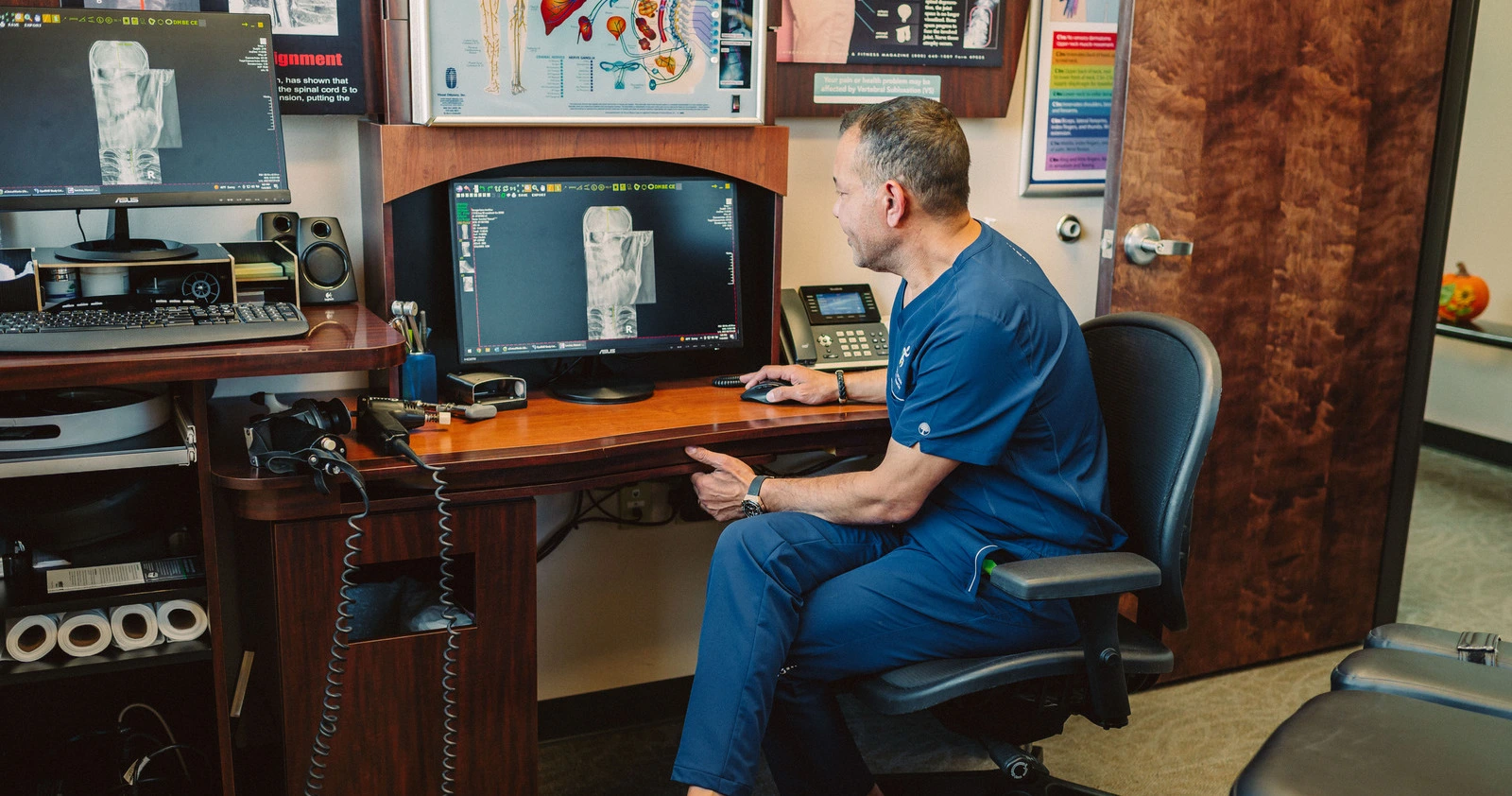
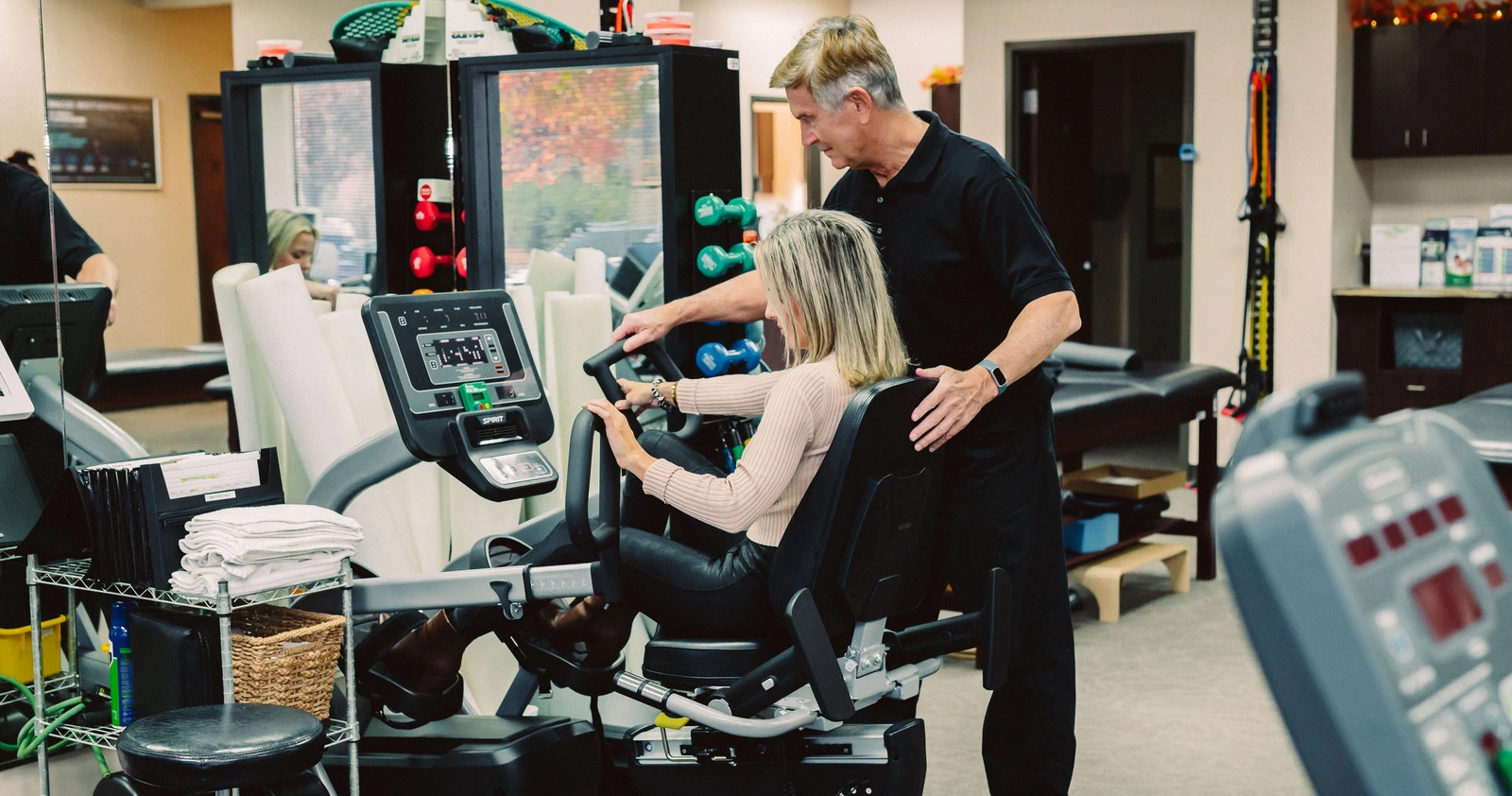
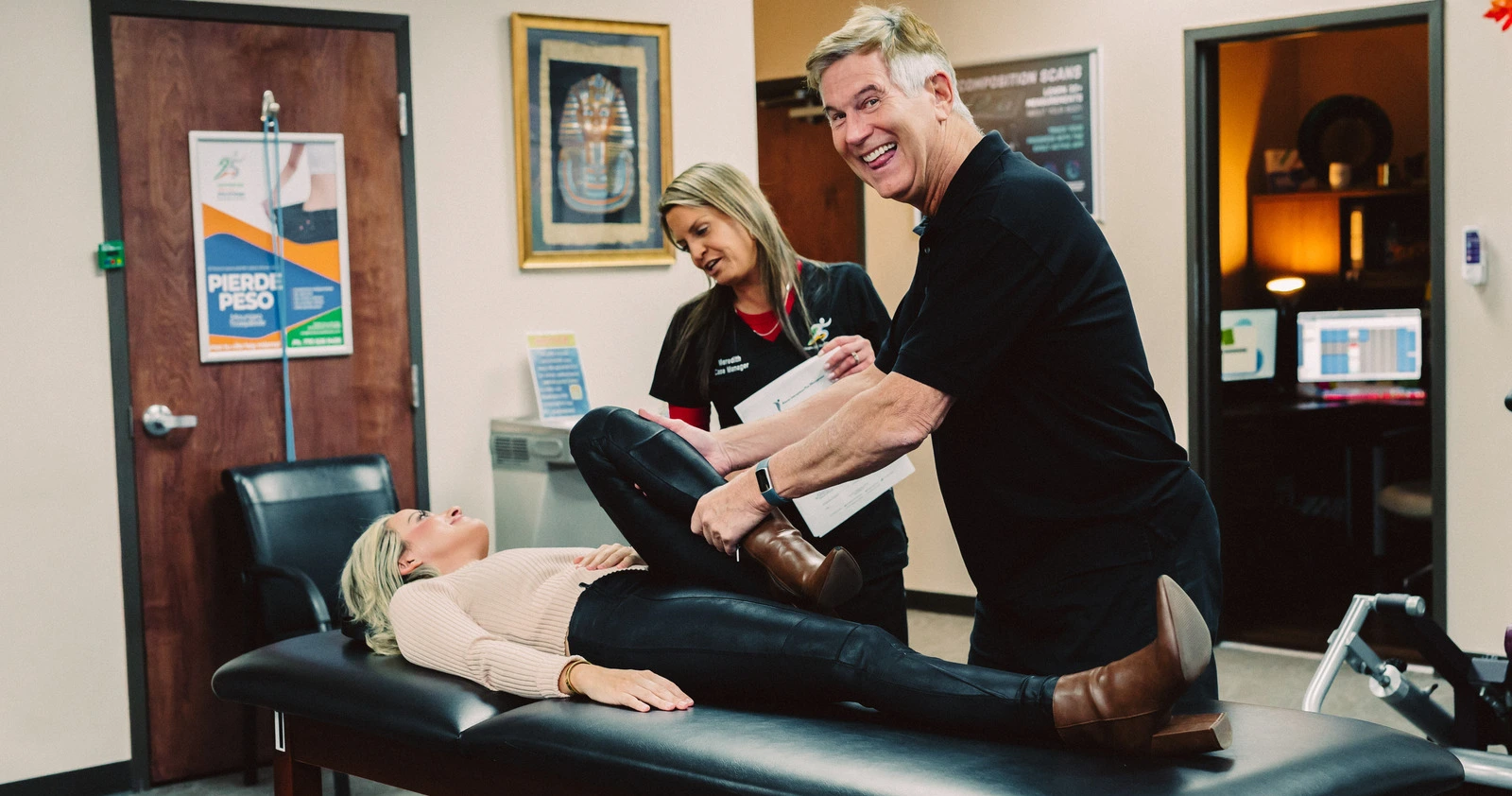
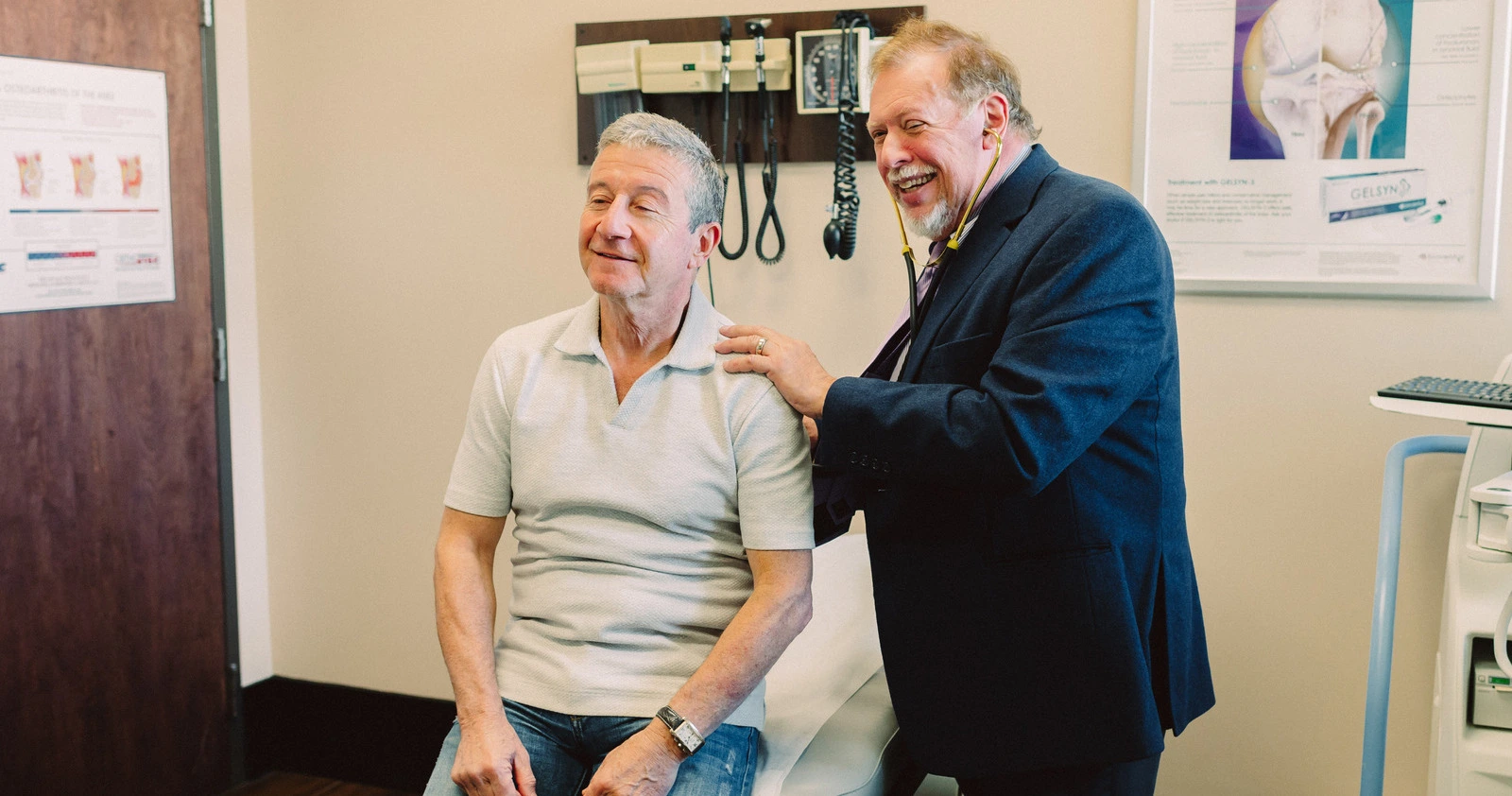
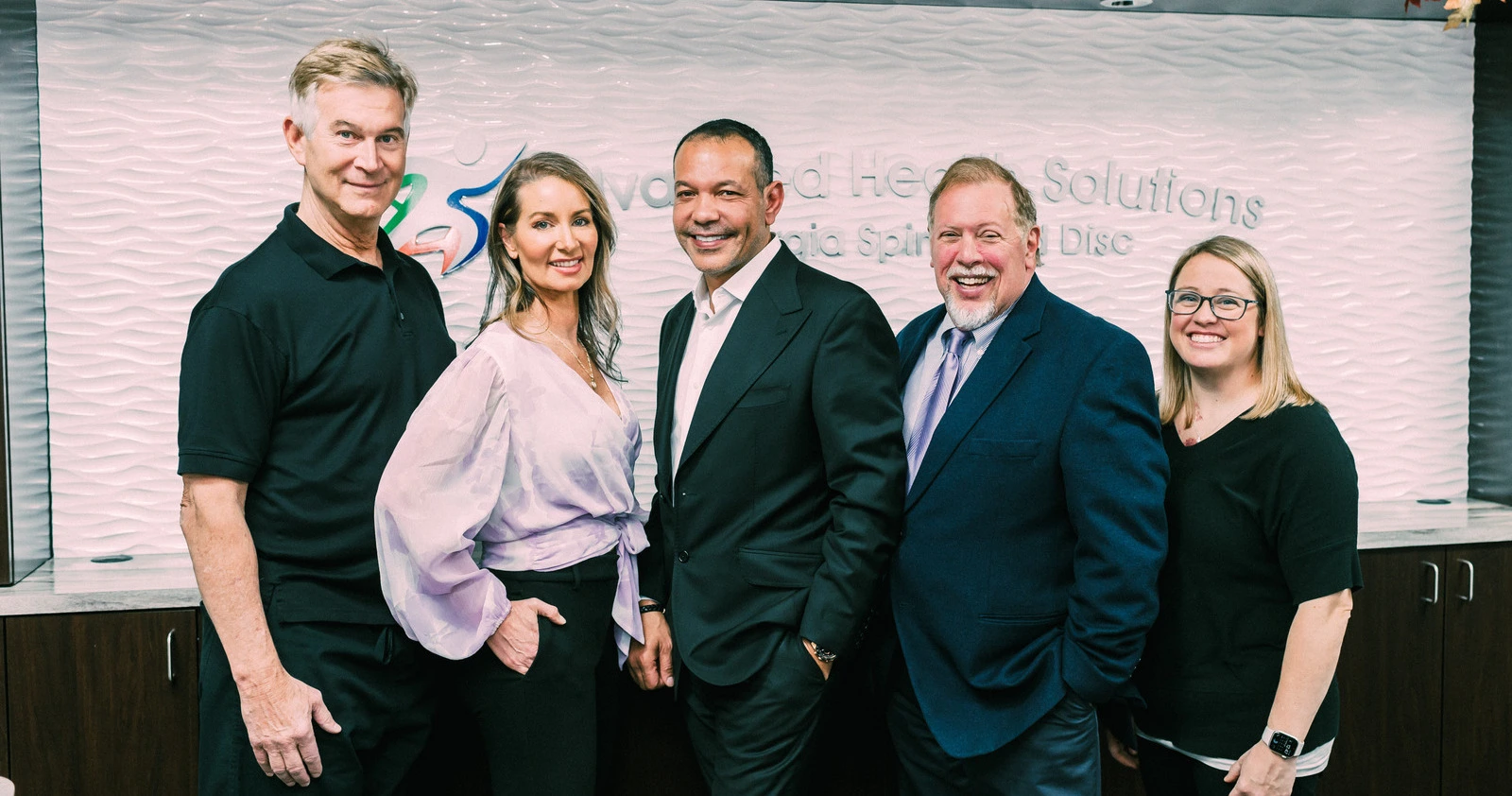
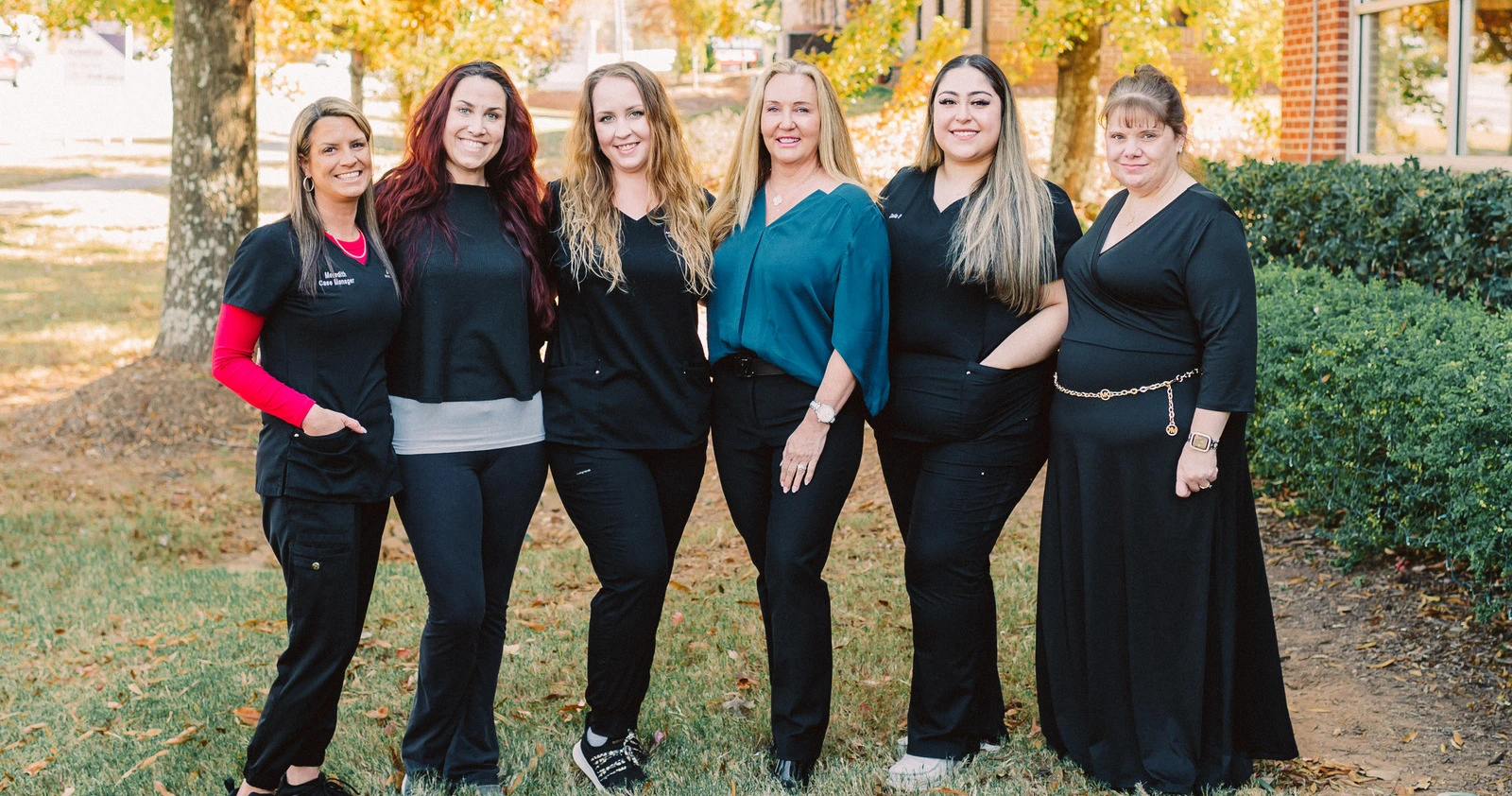
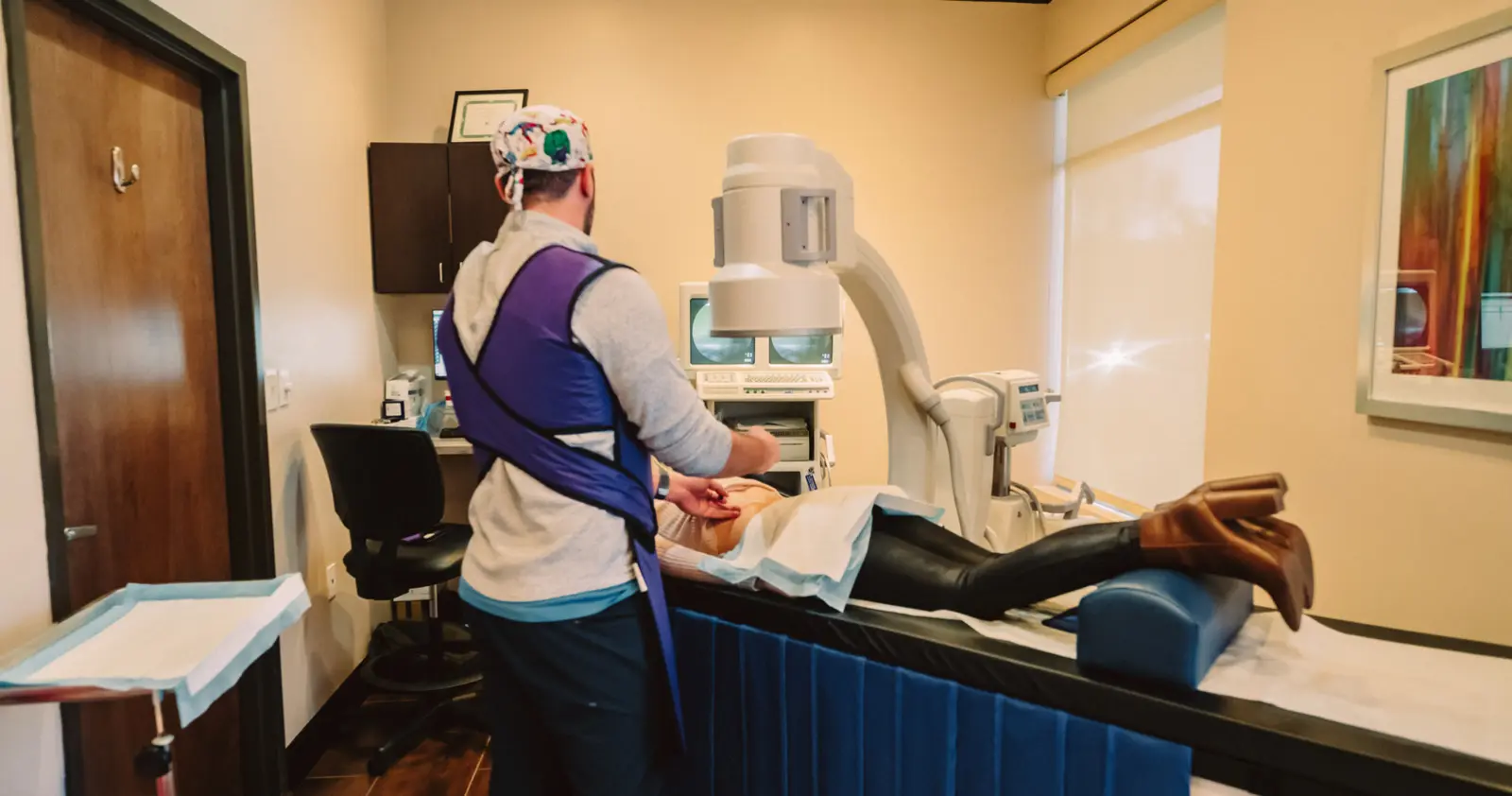

Our medical clinic offers a wide range of services, including primary care, specialty care, preventive care, diagnostic testing, chiropractic, physical therapy, and more. We strive to provide comprehensive and personalized healthcare to our patients.
Our medical professionals are highly trained and experienced in their respective fields. We have a team of doctors, nurses, specialists, and support staff who are dedicated to providing quality care and ensuring the well-being of our patients.
Our clinic(s) are conveniently located in a central area, with easy access to public transportation and ample parking facilities. We understand the importance of accessibility and strive to make it convenient for our patients to reach us. See all locations
We take pride in our high patient satisfaction rates and positive outcomes. We regularly collect feedback from our patients to continuously improve our services and ensure we meet their expectations. Read Our Reviews
We strive to work with a wide range of insurance providers to ensure that our services are accessible to as many patients as possible. We also offer flexible payment options and financial assistance programs to make healthcare affordable for our patients.
The purpose of this visit is to assess your symptoms, diagnose any potential conditions, and provide appropriate treatment or recommendations. Your healthcare provider will outline the recommended treatment plan, which may include medications, lifestyle changes, therapies, or referrals to specialists, depending on your condition.
In addition to our core medical services, we may offer additional benefits such as extended hours, online appointment scheduling, electronic medical records, and patient education resources.


We are a Multidisciplinary Clinic with over 75 years of Combined Experience